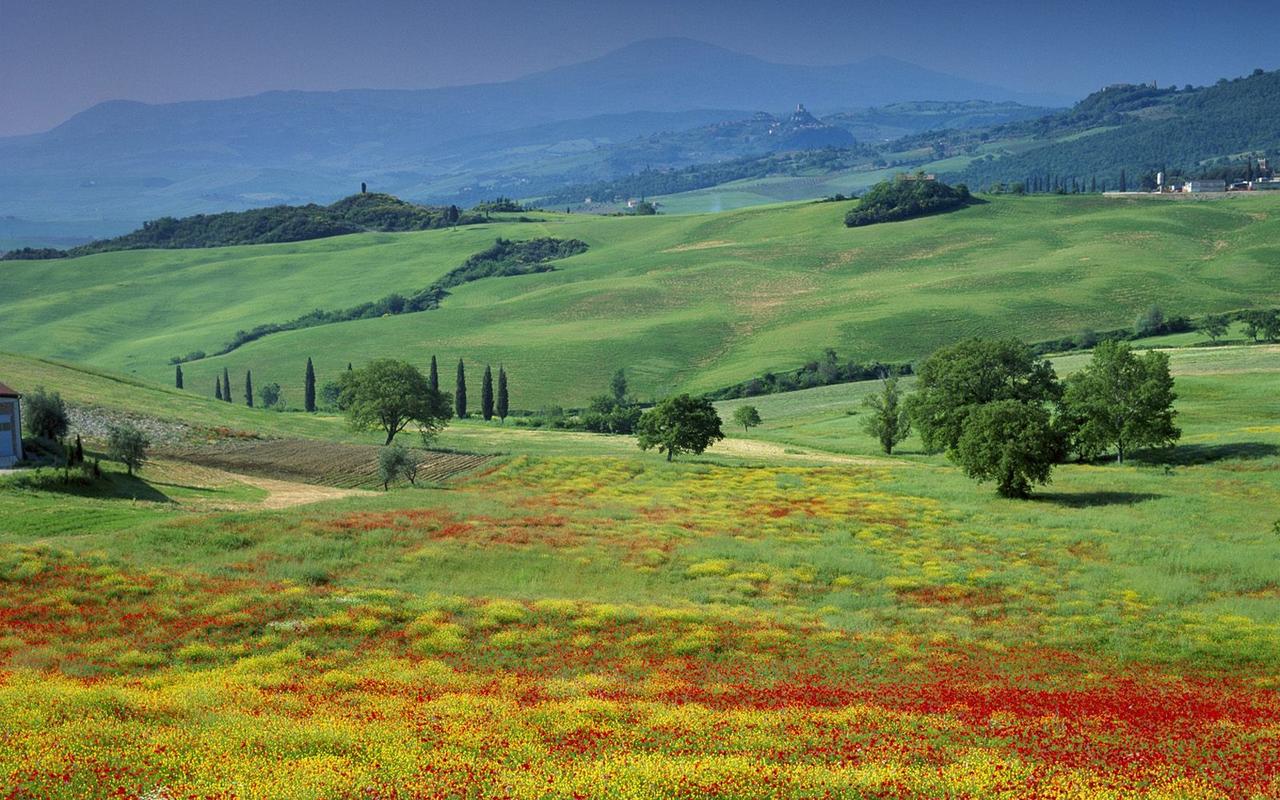Social media has dramatically changed the way we present ourselves and interact with others. With platforms like Facebook, Twitter, and Instagram, our identity is no longer limited to our physical appearance or geographical location. Instead, we have the ability to shape and curate our identity through the content we share, the people we connect with, and the online communities we engage with.
In the early days of social media, identity was often tied to real-world connections. For example, Facebook initially required users to have a college or university email address, which helped create a sense of exclusivity and authenticity. However, as social media platforms grew in popularity and became more accessible, the ways in which people presented themselves online began to shift.
Today, social media identity is often heavily based on self-expression and personal branding. People use social media to showcase their interests, opinions, and unique qualities, often through carefully curated images and captions. Social media platforms offer a range of tools – from filters and editing tools to hashtags and captions – that allow users to craft a specific image of themselves and their lives.
Perhaps one of the most significant changes to the evolution of identity in the age of social media is the concept of cancel culture. With the rise of social media, people are held accountable for their words and actions in real-time, and online communities have the ability to quickly and publicly hold individuals accountable for any inappropriate behavior. While this has led to increased scrutiny and social responsibility, it has also led to fear and self-censorship.
Ultimately, social media has contributed to a shift in how we view and present ourselves. While some may argue that the curated nature of social media identity is superficial or inauthentic, many people find that it allows them to express their unique qualities and connect with others in meaningful ways. As social media continues to evolve and change the way we interact with the world around us, it’s likely that our concept of identity will continue to evolve as well.
(Note: Do you have knowledge or insights to share? Unlock new opportunities and expand your reach by joining our authors team. Click Registration to join us and share your expertise with our readers.)
Speech tips:
Please note that any statements involving politics will not be approved.
